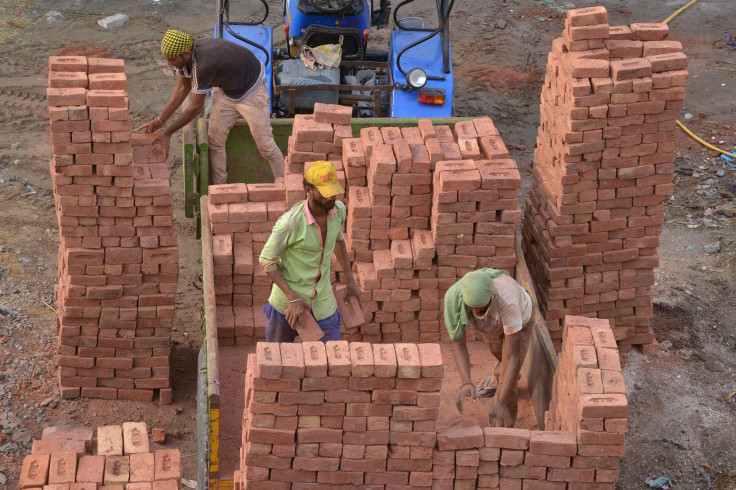India Opens Economy Further, Allows 100% Foreign Direct Investment In Various Sectors

The government of India announced changes to the country’s foreign direct investment (FDI) policy Monday, which “seek to further simplify the regulations governing FDI in the country and make India an attractive destination for foreign investors.” A press release on the website of the government’s Press Information Bureau said the changes were introduced “with the objective of providing major impetus to employment and job creation in India.”
Of particular interest to foreign investors would be defense, civil aviation and pharmaceutical sectors, all of which now allow 100 percent foreign investment. Before now, FDI in the defense sector was capped at 49 percent; now, 100 percent FDI will be allowed by the government on a case-specific basis, when “it is likely to result in access to modern and ‘state-of-art’ technology in the country.” The policy is also applicable to the manufacturing of small arms and ammunitions, which was earlier outside the purview of the policy.
In civil aviation, 100 percent FDI is now allowed for both greenfield and brownfield airport projects. Earlier, brownfield projects had an automatic cap of 74 percent, which could be further hiked to 100 percent after seeking government approval. FDI in airlines has also been raised to 100 percent from the existing 49 percent, but foreign investors seeking a greater than 49 percent stake would require government approval. However, foreign carriers still cannot buy more than 49 percent of an existing Indian airline.
Requirements for seeking government approval for investment in various sectors, such as pharmaceuticals, broadcasting, trading of food manufactured in India, single brand retail, animal husbandry and private security agencies, have also been relaxed.
The new policy changes hope to increase the “ease of doing business in the country,” which in turn is expected to push up FDI inflows. According to the same release, India saw $55.46 billion of FDI in the financial year ended March 2016, up from $36.04 billion two years before that.
On June 15, India announced liberalization of its civil aviation policy, which made it easier for airlines to fly international routes from India. Monday’s announcement should also bring relief to investors worried by the imminent departure of India’s reformist central banker, Raghuram Rajan, who will leave office on Sept. 4.
The current government is led by Prime Minister Narendra Modi’s Bharatiya Janata Party, which had opposed some liberal FDI policies, such as the opening up of the retail sector five years ago, when it was in the opposition.
© Copyright IBTimes 2025. All rights reserved.





















